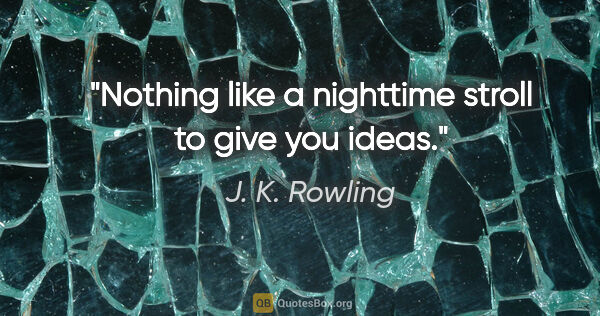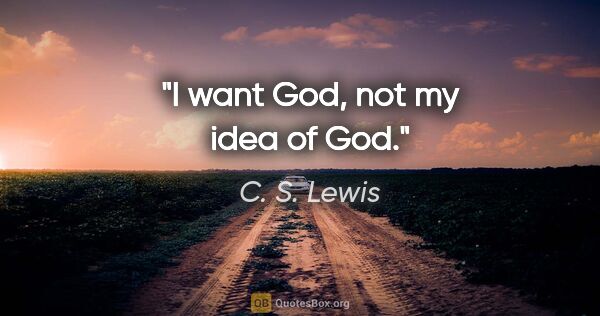Idea Quotes (page 142)
He was learning that to win a fight like this, it was not enough to know what one was fighting against. That was easy. He was fighting against the view that people could be killed for their ideas, and against the ability of any religion to place a limiting point on thought. But he needed, now, to be clear of what he was fighting for. Freedom of speech, freedom of the imagination, freedom from fear, and the beautiful, ancient art of which he was privileged to be a practitioner. Also...
Salman Rushdie
Once and for allthe idea of glorious victorieswon by the glorious armymust be wiped out. Neither side is glorious. On either side they're just frightened men messing their pantsand they all want the same thing. Not to lie under the earthbut to walk upon itwithout crutches(Roux, act 1, scene 19)
Peter Weiss
I have treated many artists. There are among them many neurotics, so many that one finally comes to believe that one cannot be an artist without being neurotic. Again I found in them that inner conflict which is characteristic of modern man: the conflict between a right intuition (namely, that their vocation has fundamental importance for the destiny of humanity) and a false idea (namely, that art is superfluous luxury).
Paul Tournier
I spit on your happiness! I spit on your idea of life--that life that must go on, come what may. You are all like dogs that lick everything they smell. You with your promise of a humdrum happiness--provided a person doesn't ask much of life. I want everything of life, I do; and I want it now! I want it total, complete: otherwise I reject it! I will not be moderate. I will not be satisfied with the bit of cake you offer me if I promise to be a good little girl. I want to be sure of everything...
Jean Anouilh
A book no more contains reality than a clock contains time. A book may measure so-called reality as a clock measures so-called time; a book may create an illusion of reality as a clock creates an illusion of time; a book may be real, just as a clock is real (both more real, perhaps, than those ideas to which they allude); but let's not kid ourselves - all a clock contains is wheels and springs and all a book contains is sentences.
Tom Robbins
Pragmatism asks its usual question. "Grant an idea or belief to be true," it says, "what concrete difference will its being true make in anyone's actual life? How will the truth be realized? What experiences will be different from those which would obtain if the belief were false? What, in short, is the truth's cash-value in experiential terms?
William James
In studying the history of the human mind one is impressed again and again by the fact that the growth of the mind is the widening of the range of consciousness, and that each step forward has been a most painful and laborious achievement. One could almost say that nothing is more hateful to man than to give up even a particle of his unconsciousness. Ask those who have tried to introduce a new idea!
Carl Jung



